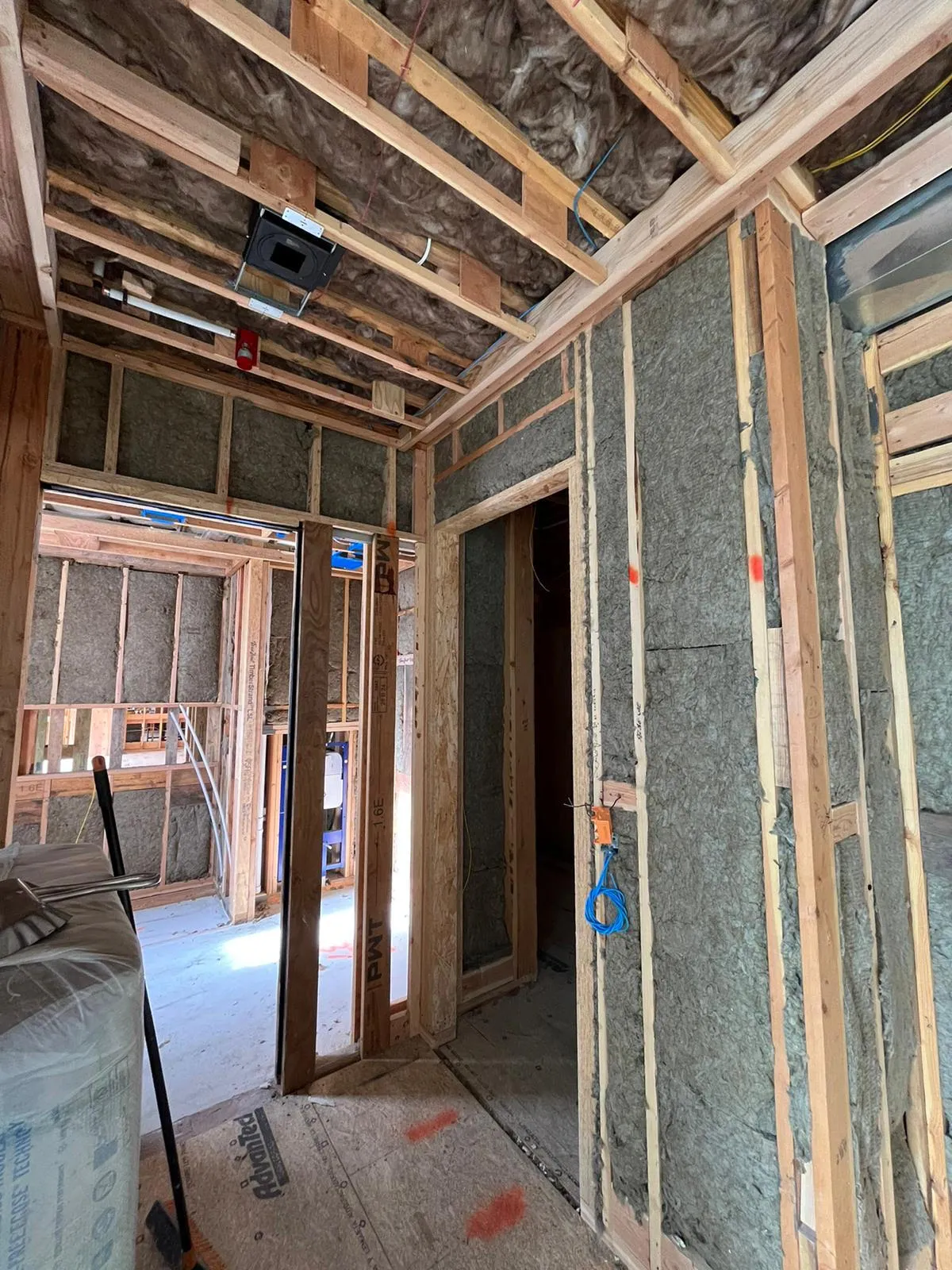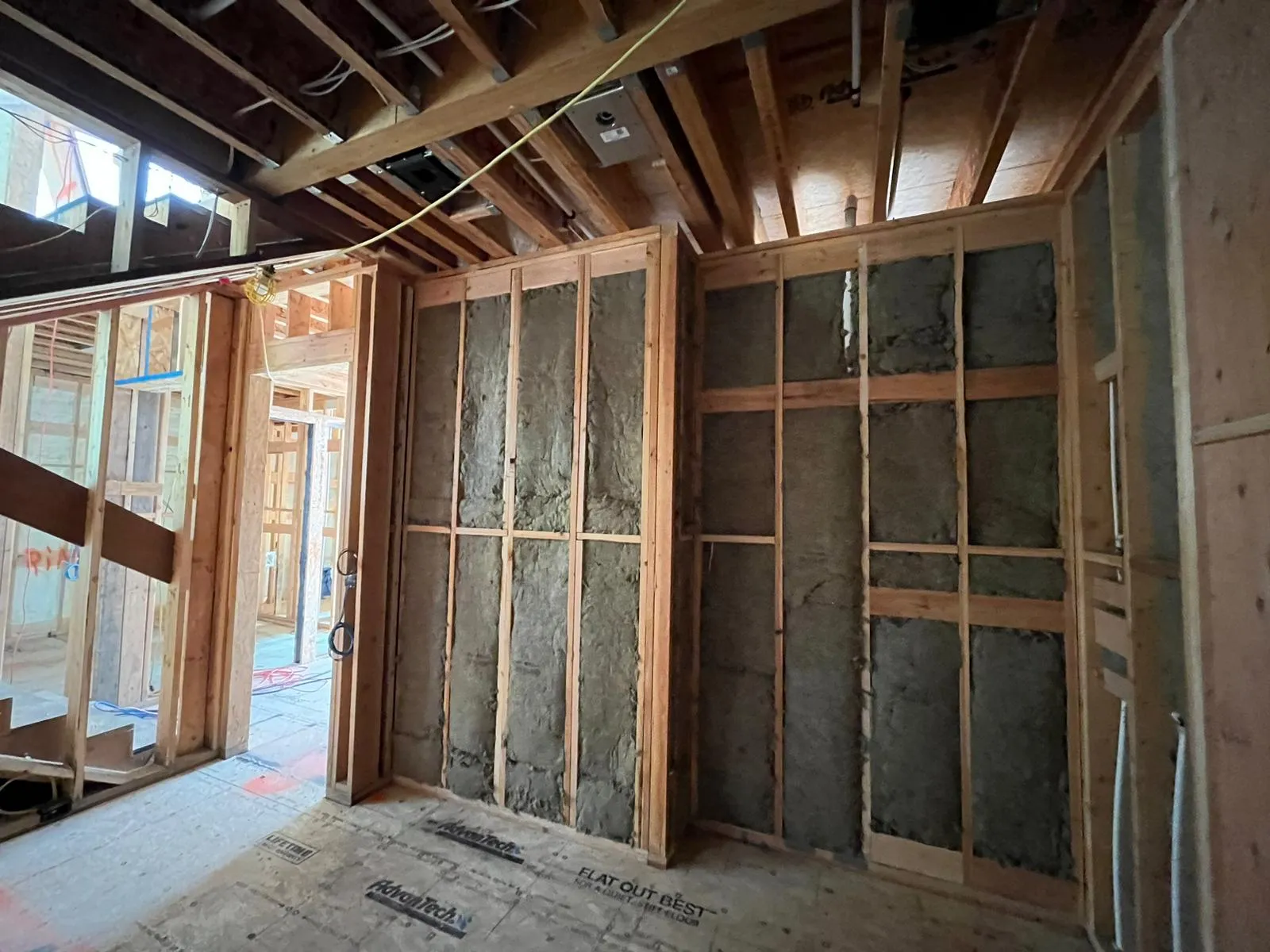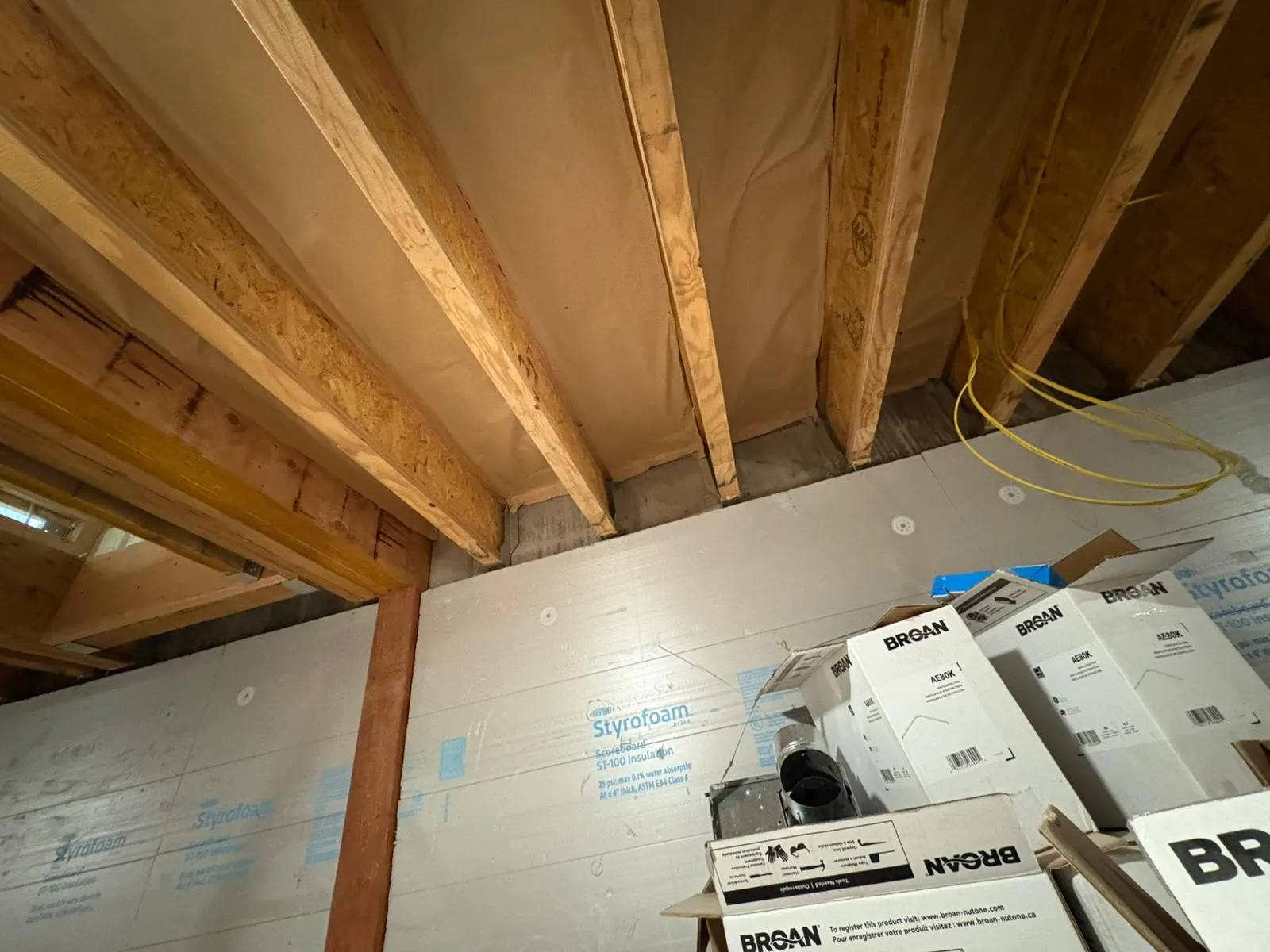
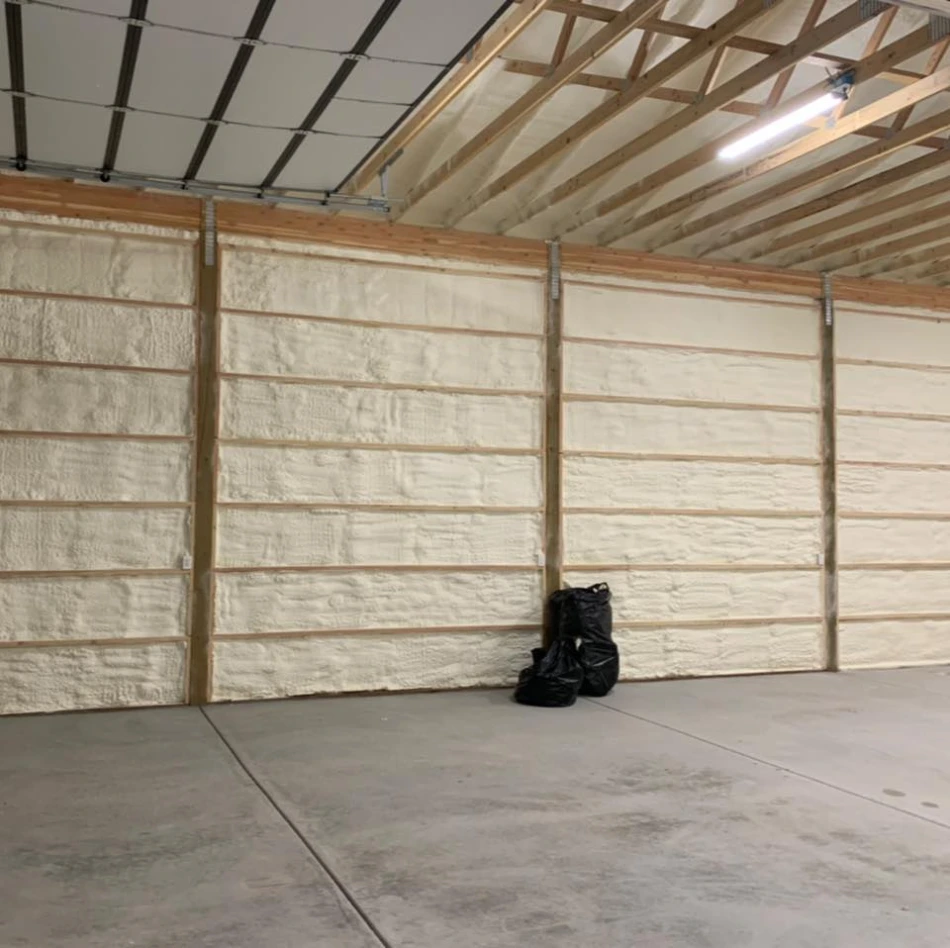
Temperature fluctuations in garages can be problematic for both comfort and storage. Whether it’s extreme heat in the summer or cold drafts in the winter, insulating your garage can help create a more stable environment. Spray foam insulation is one of the most effective methods for addressing these temperature shifts. This article explores how spray foam insulation, particularly open-cell and closed-cell types, can solve these issues and the factors to consider when choosing the right insulation for your garage.
Spray foam insulation creates a seamless, air-tight barrier that helps regulate the temperature in spaces like garages. Its ability to expand and fill gaps allows it to provide superior air sealing, preventing the entry of drafts or hot air, thus stabilizing internal temperatures. This solution can help reduce the need for additional heating or cooling, making it an energy-efficient choice for many homeowners.
Spray foam insulation comes in two main types: open-cell and closed-cell. Each type has distinct characteristics that may make it more suitable for specific garage environments.
Open-cell foam is a lighter, less dense material, which is more affordable and provides good thermal resistance. It’s ideal for areas where moisture control isn’t a primary concern but provides soundproofing benefits.
Closed-cell foam is denser and more rigid, offering better resistance to moisture and higher insulation values. It is particularly effective in garages exposed to high humidity or where additional strength is necessary for structural purposes.
| Property | Open-Cell Spray Foam | Closed-Cell Spray Foam |
|---|---|---|
| Density | Lighter and less dense | Denser and more rigid |
| Thermal Insulation (R-value) | Lower (around 3.5 – 4 per inch) | Higher (around 6 – 7 per inch) |
| Moisture Resistance | Low, susceptible to water damage | High, excellent moisture barrier |
| Cost | More affordable | Higher cost due to denser material |
| Air Barrier | Provides a good air seal | Superior air seal, also water-resistant |
| Soundproofing | Good soundproofing capabilities | Not as effective for soundproofing |
| Best Use | Moderate climates and dry environments | High humidity, extreme temperatures, or wet environments |
Choosing the right type of spray foam insulation requires evaluating specific factors related to your garage’s climate, usage, and overall needs. Consider the following before deciding on insulation:
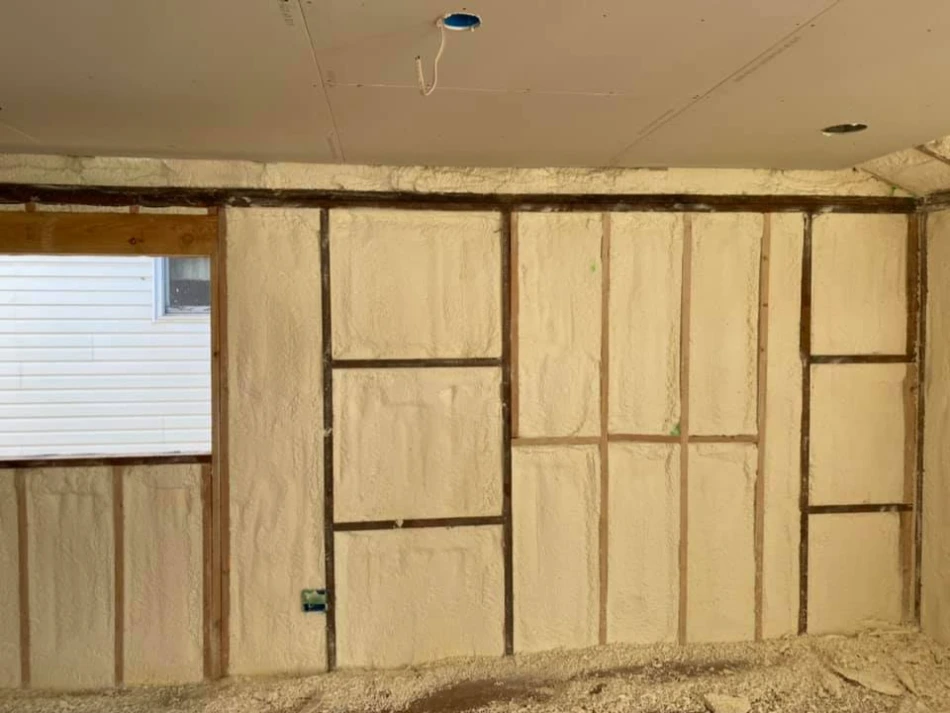
Yes. Spray foam creates an airtight seal that prevents hot air from entering in the summer and cold drafts in the winter. It stabilizes internal temperatures and improves comfort in all seasons.
Choose closed-cell if your garage is exposed to moisture, high humidity, or extreme temperatures. Open-cell is more affordable and effective for dry climates or garages used mainly for storage.
Yes, especially if you use the space frequently or want to protect items stored inside. Spray foam improves energy efficiency, reduces noise, and adds long-term value—even in unfinished garages.
Spray foam insulation is an effective solution for controlling temperature fluctuations in garages. It can improve comfort, reduce energy costs, and help maintain a more stable internal environment. Depending on your garage’s specific needs—such as moisture control or budget constraints either open-cell or closed-cell spray foam insulation can provide significant benefits. When making your decision, consider factors like climate, garage usage, and the insulation’s long-term performance.
For further assistance in selecting the right insulation for your garage, contact High Country Solutions at [email protected] or call (307) 248-9063.
Closed-cell foam is generally more expensive than open-cell foam due to its higher density and moisture-resistant properties.
Spray foam insulation is a durable solution that can last for many years, often 20 to 30 years, depending on environmental conditions.
Open-cell spray foam is better for soundproofing than closed-cell foam, as it absorbs sound waves and reduces noise transmission.
While some DIY kits are available, it is recommended to hire a professional for spray foam installation. Proper application is critical for achieving the desired results, and professionals ensure that the foam expands correctly and fills all gaps.

